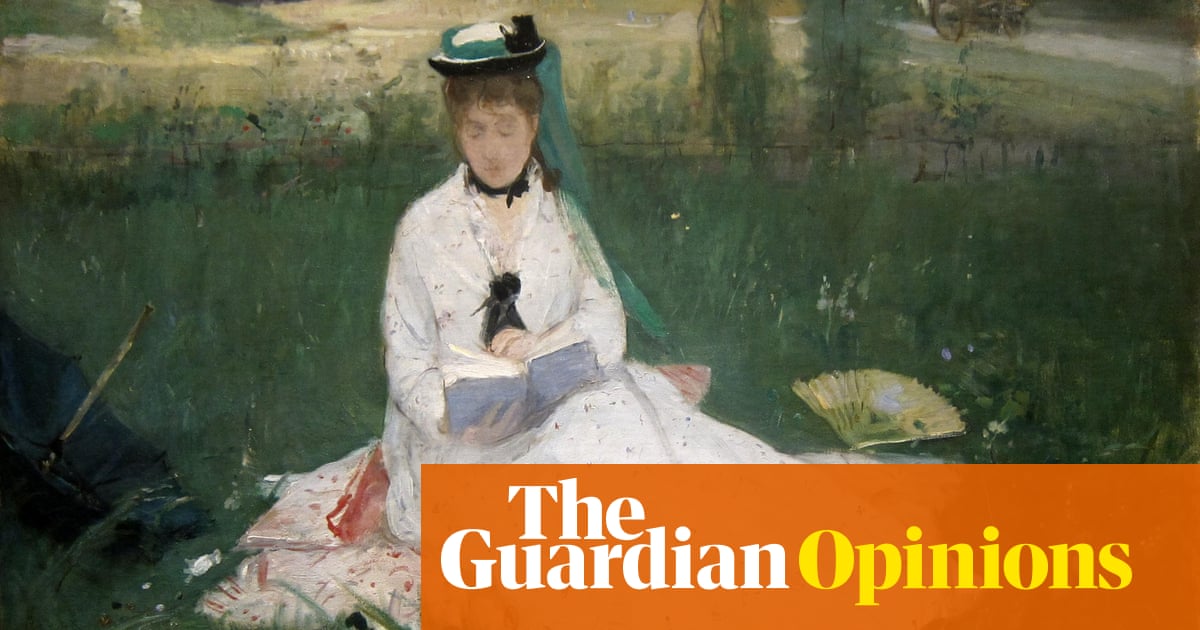
s lockdown 2.0 sets in, the contrast with how I felt in March and the first lockdown is stark. Back then I’d say I was bordering on being burned out. I had barely slowed down for five years. This time last year I was performing in Emma Rice’s production of Orpheus in the Underworld at English National Opera, immediately after which a series of concerts in December took me to Manchester, Sicily, Dubai, Edinburgh, Glasgow, Turin, Seville, Budapest and Luxembourg. I was singing different pieces in each concert, works in German, Latin, Italian and French. Some music I was learning for the first time, something I’ve become adept at doing quickly and while on the move.
I didn’t see my son for three weeks – which felt awful, plus I missed all that wonderful run-up to Christmas. I remember thinking I had planned it badly and vowed not to overwork like this in the future.
So when the shutters came down on 23 March, I admit I was glad to have an excuse to take a breath and crack open a guilt-free bottle of wine (the first of many). But, as the months wore on my inbox filled up with cancellations for months and months ahead. Summer began and the high street and restaurants became busy once more and it was clear that, while the world of commerce was starting to crank into gear again, the world of music was still at the back of the garage, waiting for repairs.
I set up an impromptu concert series in Hornsey, north London, whose 11 outdoor weekly concerts were some of the very few live music events that happened in the city between June and August. But however generous our audiences were, these could only plug the employment gap for a limited time and for a limited amount of people.
In normal times, singers involved in an opera production would be rehearsing seven hours a day six days a week. Otherwise, a typical week might revolve around rehearsing for – and travelling to and from – concerts, plus teaching, learning new repertoire, recording sessions perhaps, and of course your own private practice, all the while trying to stay healthy. (If we become ill and cannot perform, we simply don’t get paid.)
We are trained to sing everything from opera to oratorio, madrigals to musicals, in many different languages, all of which have to be to the highest possible standard in order to meaningfully convey the text. The mental load can be exhausting, and many musicians find it hard to maintain relationships and friendships when our job requires you to travel often and for weeks at a time. I’ve missed weddings, birthdays and holidays. I’m not complaining – most of us are workaholics and love the high-pressure nature of our work. My point is this job is a labour of love which no one undertakes lightly, and certainly none of us are in it for the financial security it offers. (Over half of musicians surveyed by the Musicians Union in 2012 earned less than £20k per annum. Only 5% of those surveyed earned over £50k.) But what do you do when your means of earning anything at all is suddenly taken away?
Some have had to scrabble around for new ways of supporting themselves, others are hanging on for dear life until better times. This is where the self-employment income support scheme (SEISS) is meant to come in.
But while most employed people in the country are receiving 80% of their salary on furlough, around three million self-employed people have no government help at all.
So who has fallen through the gaps? Anyone newly self-employed and without the requisite years of tax returns (which could be due to changing career or just leaving full-time education); anyone who is less than 50% self-employed (perhaps from having a part-time teaching job), anyone who pays themselves as a director via a limited company, anyone on parental leave whose income has been lower than normal, anyone with more than £50k in trading profits, even if this current year has slashed earnings to almost nothing due to there simply being no work.
A survey of its members by the Incorporated Society of Musicians suggests that 44% have been unable to claim relief from SEISS for whatever reason, and that 41% of those who could access SEISS found it did not cover the cost of living. A recent MU survey revealed that 88% of musicians do not think the government has done enough to support the industry during the pandemic, and one-third were considering abandoning the profession.
My Twitter and Facebook feeds are full of despondent musicians with acres of empty space in their diaries. They’re not sad because of being unable to fulfil some romantic need to perform, to nourish the soul or any egotistical dream. Contrary to (un)popular opinion, we entered this industry because it was a viable career option. The industry as a whole contributed £5.2bn to the British economy in 2018, generated £2.7bn in export revenue and sustained 190,935 jobs.
And those jobs aren’t all for musicians. An opera house alone employs a huge support network of invisible workers – makeup artists, wardrobe assistants, directors, lighting and stage crew, front-of-house workers, costume and wig makers, music staff, as well as of course the live orchestra in the pit, themselves as highly skilled as the singers on stage.
The government’s £1.57bn rescue package (generous, but it pales in comparison with Germany’s €50bn payout) looks set to largely benefit the venues and not the people who perform in them. The institutions with government money are having to spend much of it in making their venues Covid-secure. They may at some stage be in a position to employ musicians, but until performances are able to restart this money cannot benefit self-employed individuals. And, for the money to start to trickle down again, more government subsidy is going to be needed to help venues run at the reduced capacity necessary for social distancing.
One of the other major problems musicians lucky enough to have work have faced in recent months is the 14-day quarantine that continues to prevent many of us accepting engagements outside of the UK, and vice versa. I was in Copenhagen for two months recently, performing in a production of Fidelio, trying to find out how I could return to visit my son. Searching through government information online, I found out that elite sportspeople, actors working in certified “British” film and high-end television productions were among those exempt from the quarantine rule. I brought it up on Twitter and heard from people whose work and family situations rely on being able to travel – many were in far worse situations than me and all were shocked and angered that other people’s jobs have been deemed “more important” than ours and exempted from the rules.
The UK’s classical musicians may not appear on TV, on the covers of magazines, we are unlikely to sing at Wembley. However we are taxpayers, parents, mortgage- and rent-payers, and we create employment. We are no less valuable to this country as exports and as part of the machine as a whole. We need the SEISS to support everyone, and we need the financial support for our venues to match that in Europe. Because if we are lost, Britain in turn stands to lose its reputation as a world leader in music, culture and the arts.
• More about the One Voice Campaign here, more about ExcludedUK here. Mary Bevan’s The Divine Muse is out now on Signum.












